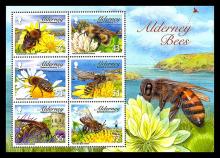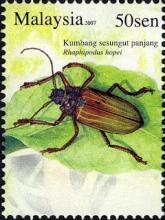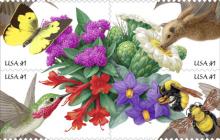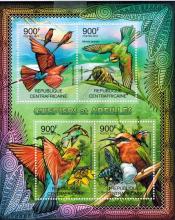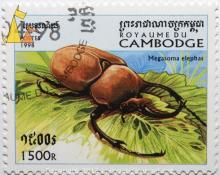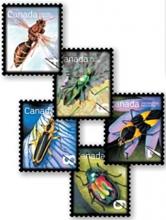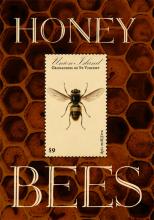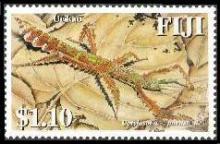European Commission refers its proposal for a ban on the use of three neonicotinoid insecticides (clothianidin, imidacloprid and thiamethoxam) on crops attractive to honeybees to the Appeal Committee
The European Commission said, on 19 March, that it would refer its proposal for a ban on the use of three neonicotinoid insecticides (clothianidin, imidacloprid and thiametoxam) on crops attractive to honeybees to the Appeal Committee after an inconclusive vote in the Standing Committee on the Food Chain and Animal Health last week (see Europolitics4608). Announcing the Commission’s decision at the Agriculture Council, Health and Consumer Policy Commissioner Tonio Borg pledged to do his utmost to “find solutions that command the widest possible support”. “The health of our bees is of paramount importance – we have a duty to take proportionate yet decisive action to protect them wherever appropriate,” he added, reiterating his determination to receive qualified majority support at the Appeal Committee for his proposal. “The Commission still envisages to have measures in place by 1 July 2013,” Borg’s services said in a separate statement. No date of the vote in the Appeal Committee was given at this stage.

